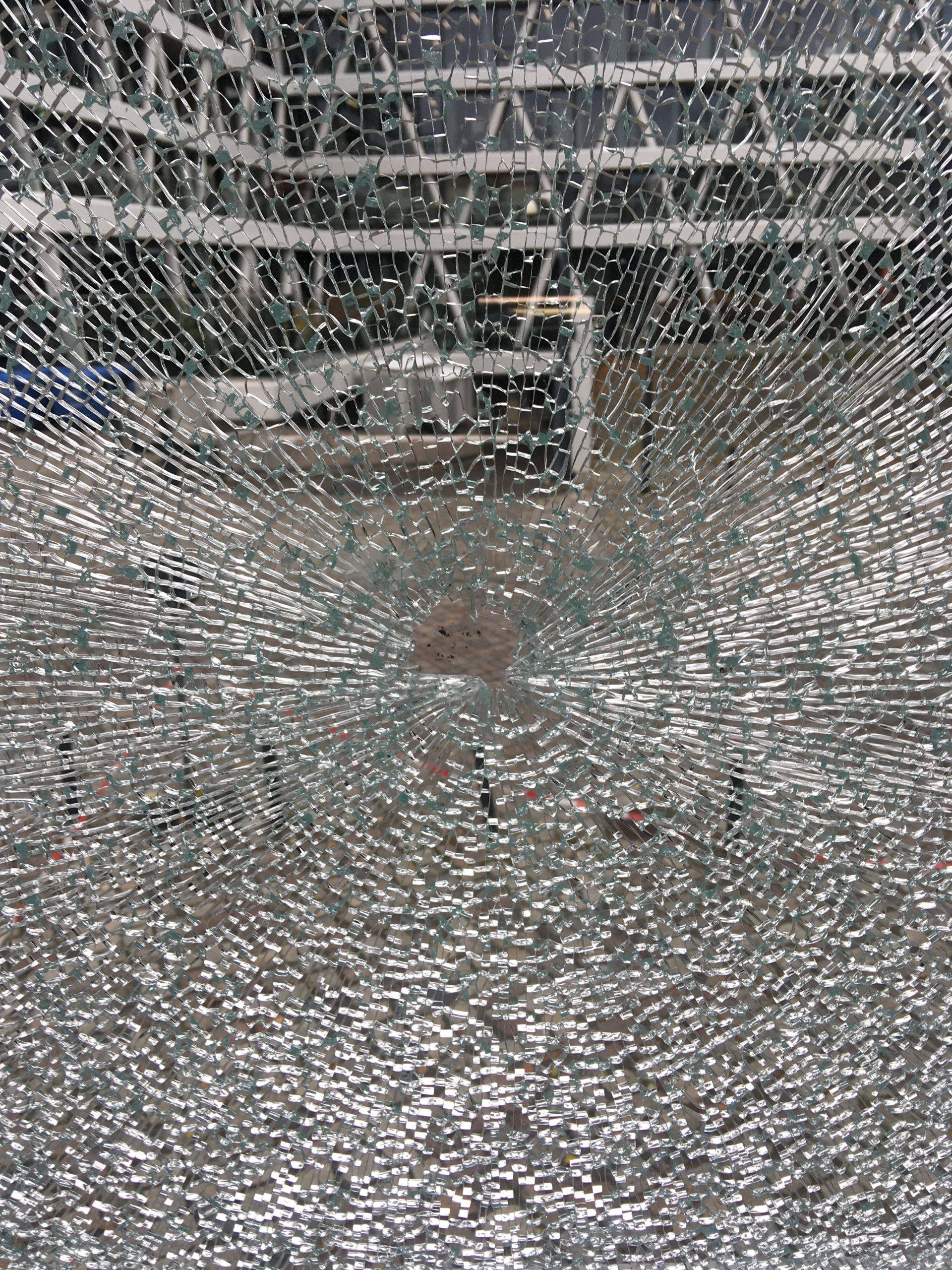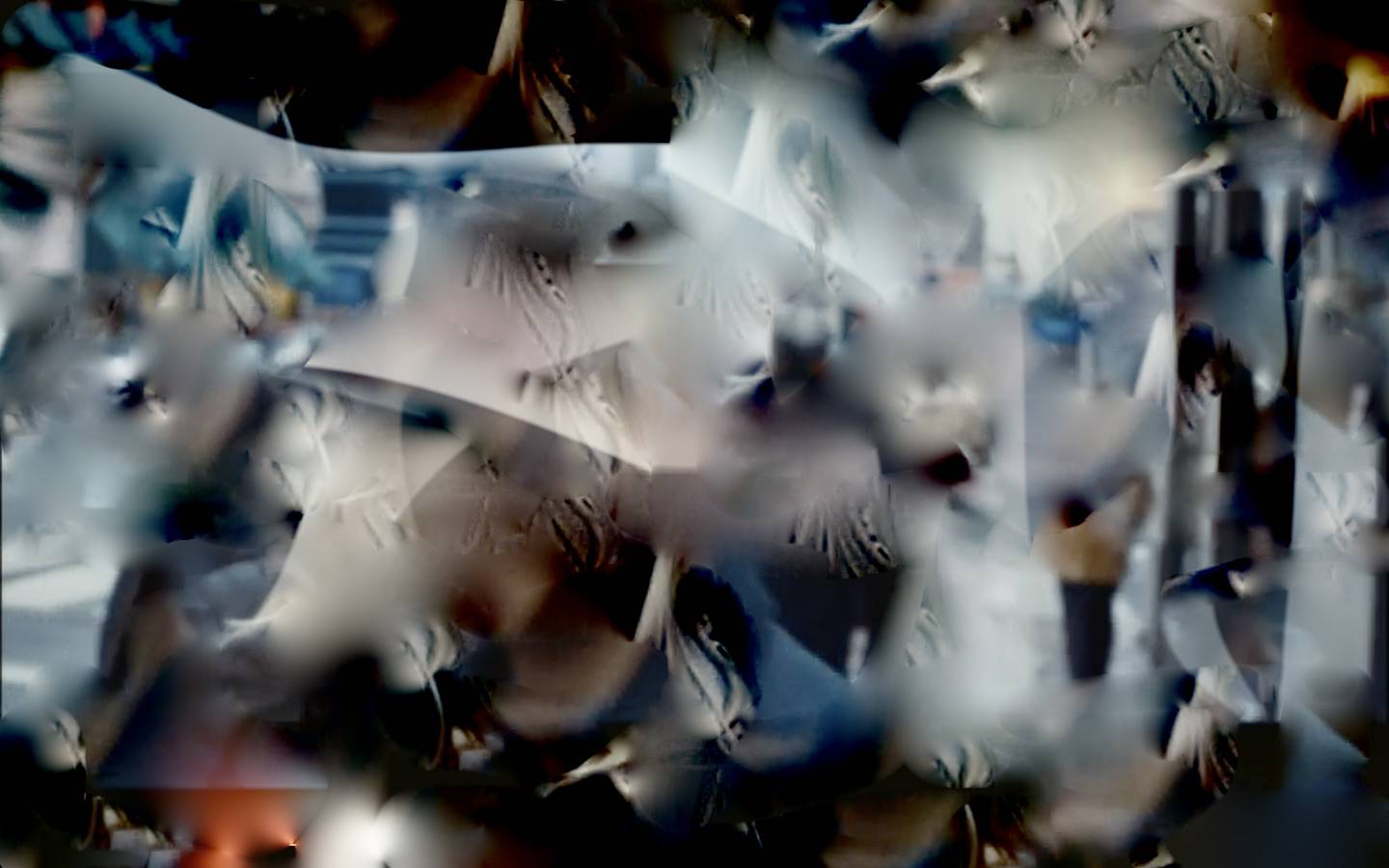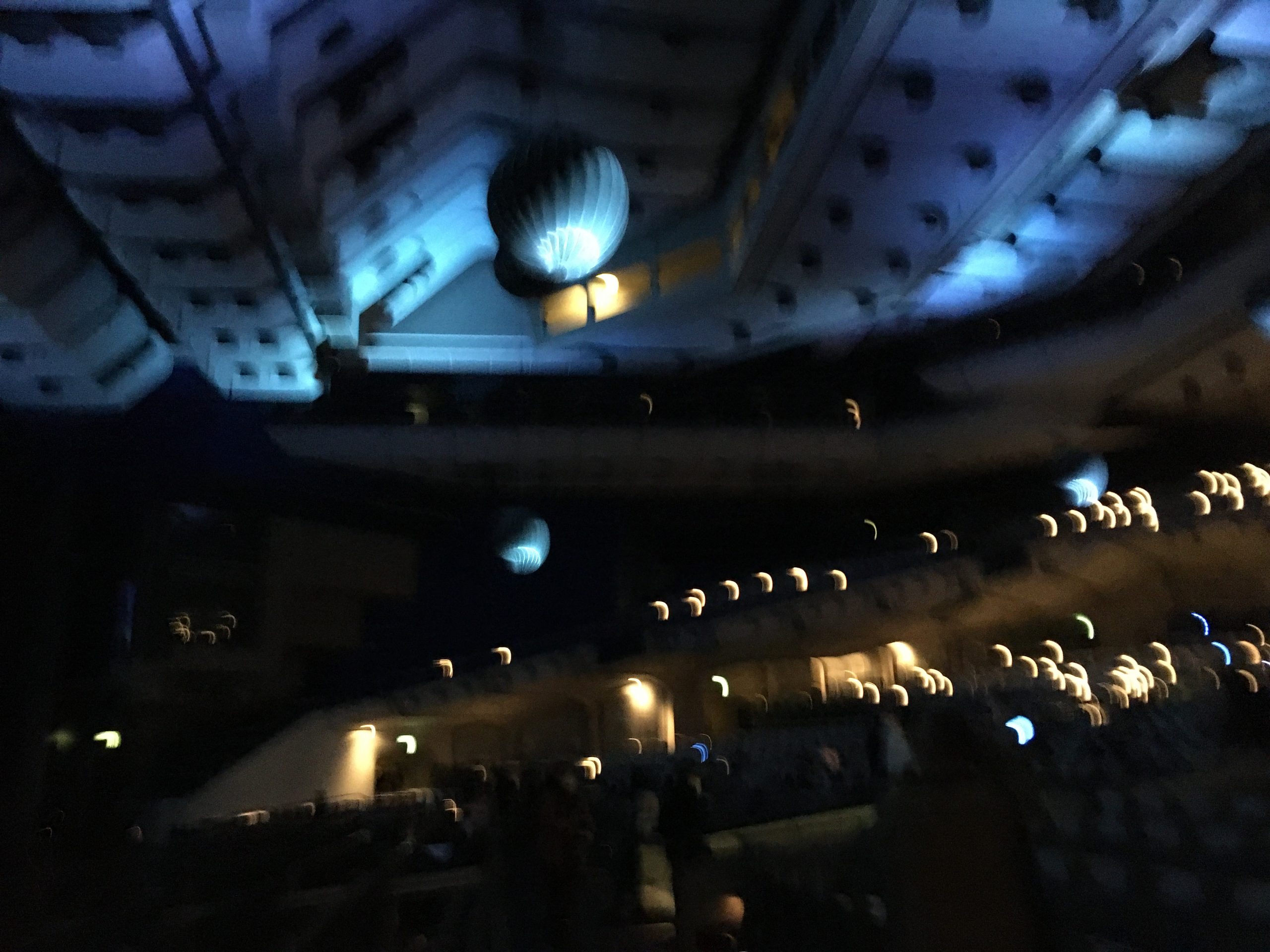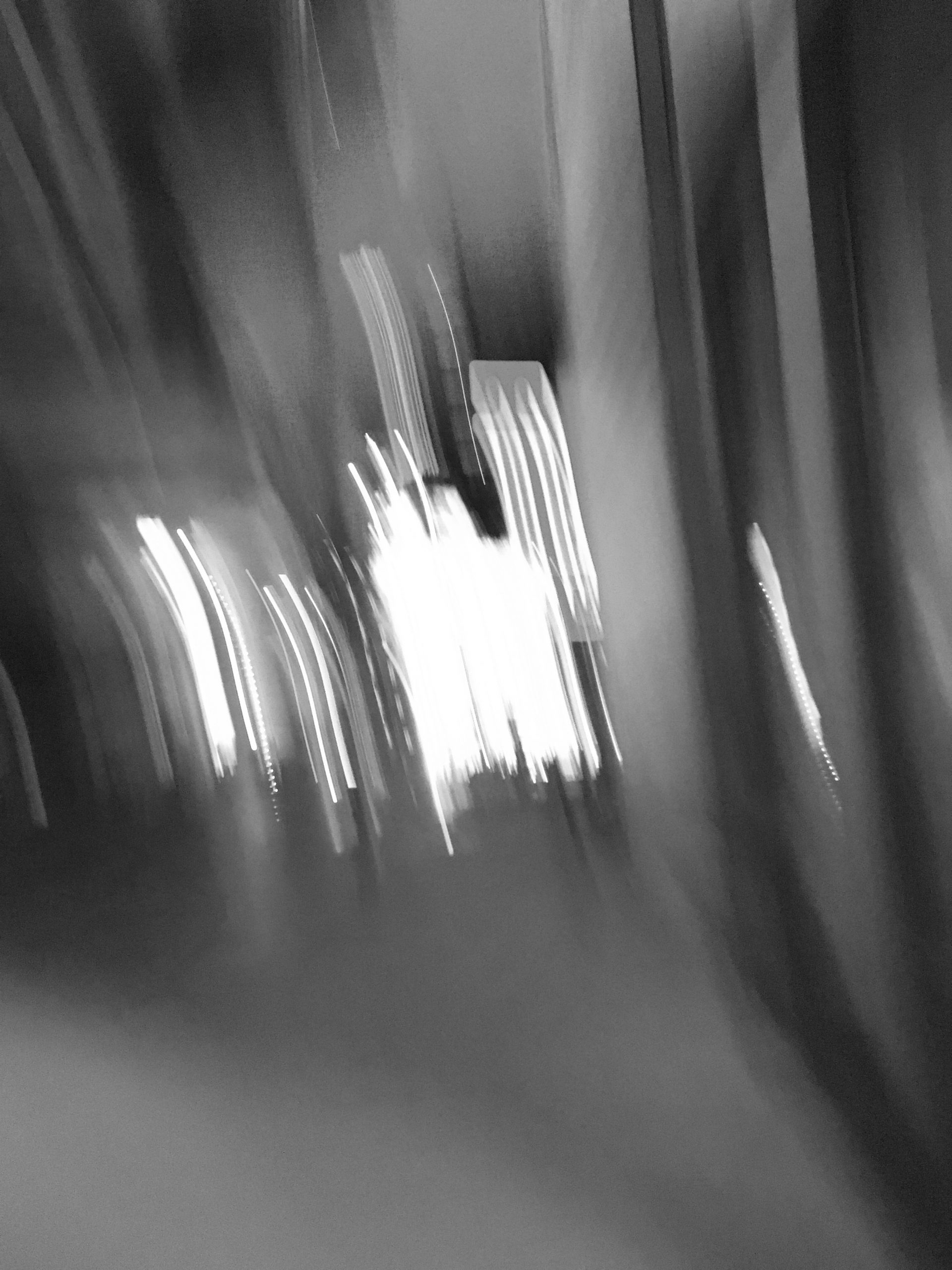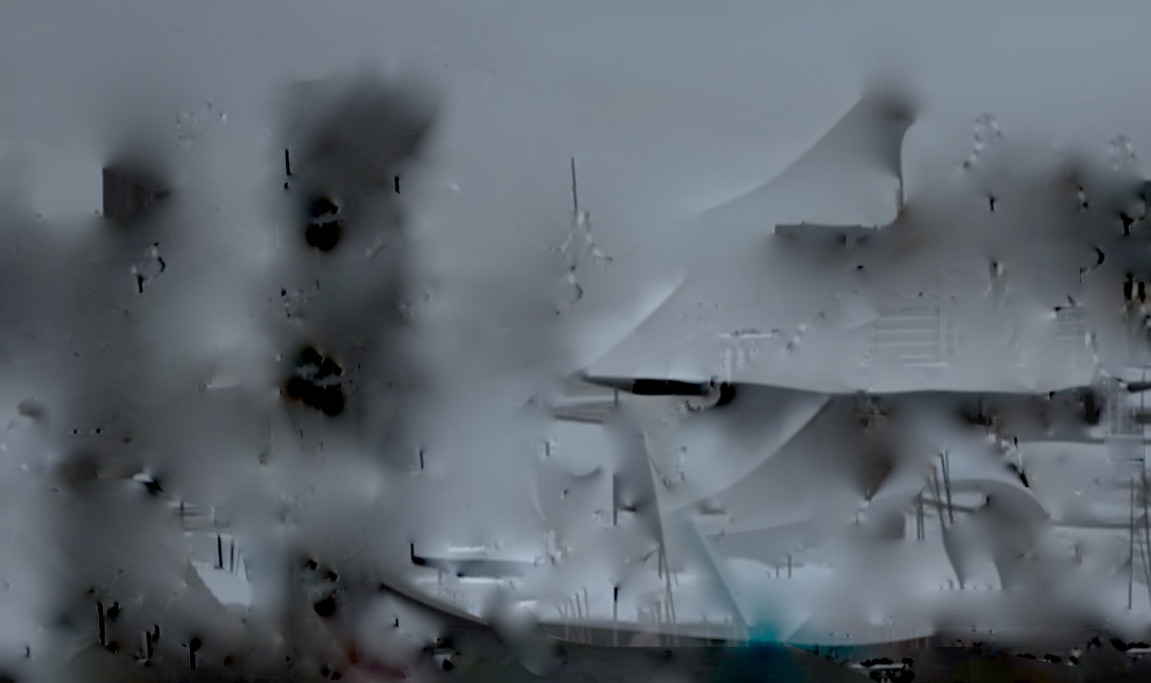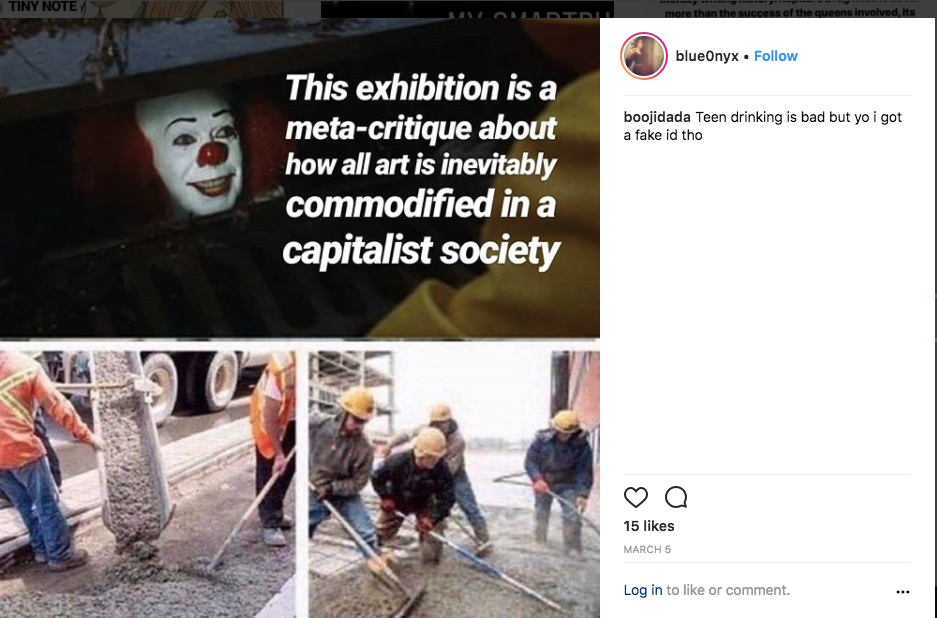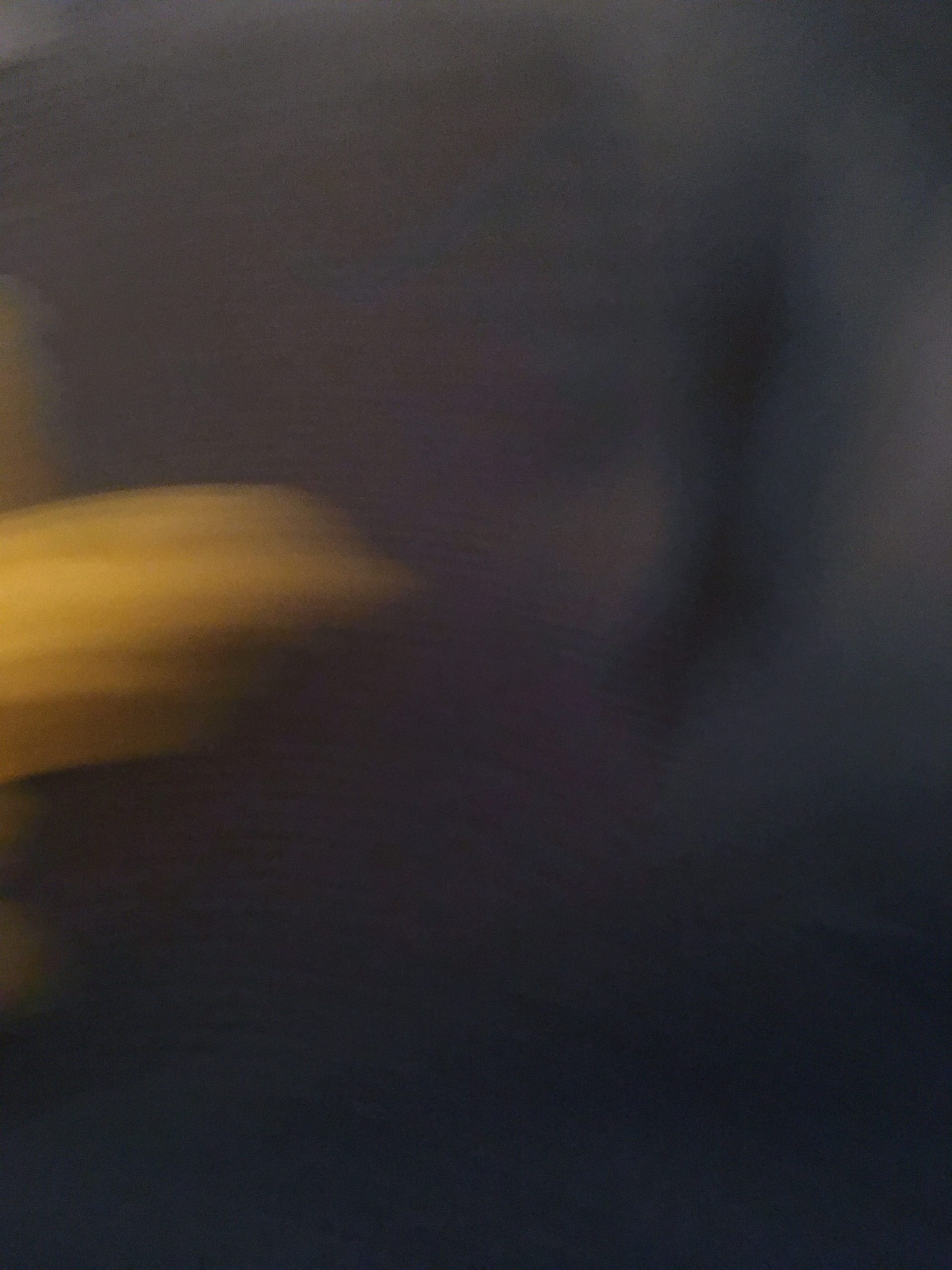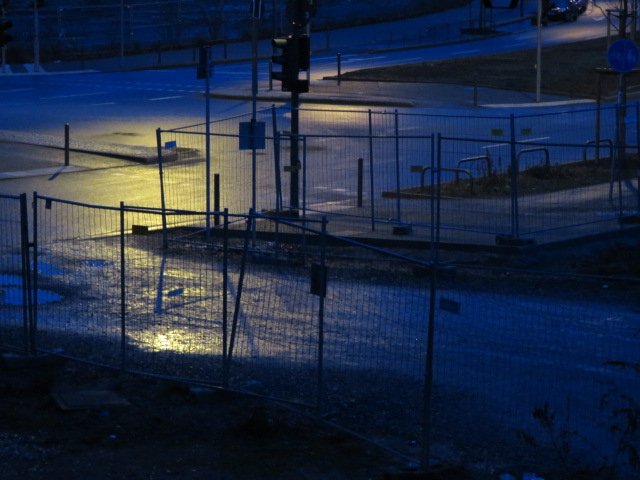Difference and Repetition: Introduction, Repetition and Difference
Deleuze’s Difference and Repetition is notoriously difficult. It is arguably the most difficult of Deleuze’s writings (though I’d put my money on The Fold). In this post I’ve attempted to provide an outline of the introduction of the text, titled “Repetition and Difference.” […]
Difference and Repetition: Introduction, Repetition and Difference

